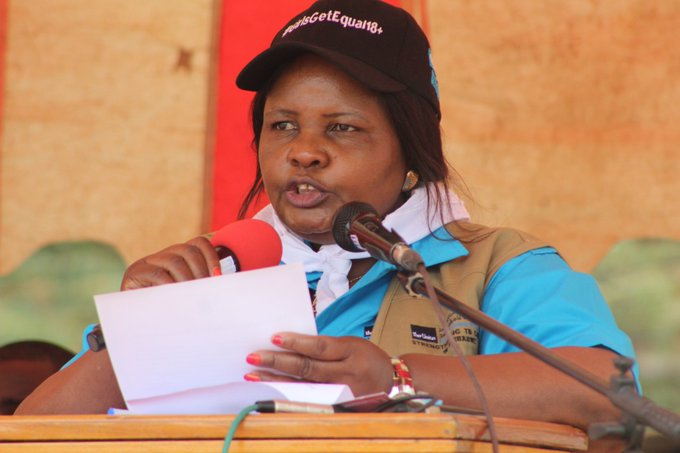By Joyce Mukucha
Following Cyclone Idai which struck Zimbabwe in March 2019 causing extensive damage in Manicaland, psychosocial support is being extended to the victims to guarantee individuals and communities heal, adapt, accept and cope with the situation caused by the disaster.
In an interview, the Minister of State for Provincial Affairs for Manicaland Honourable Ellen Gwaradzimba said there was still a lot of work that needs to be done in the epicentre of Cyclone in that it was in her province where many lives were lost.
She mentioned that programmes were being rolled out to train for psycho-social support and had gone a very long way in assisting the victims of cyclone come to terms with what happened in their lives.
She pointed out that early and adequate psychosocial support was aimed at preventing distress and suffering developing into something more severe as well as helping people cope better and become reconciled to everyday life.
The emotional wounds, she said, may be less visible than the destruction of homes, but it often takes far longer to recover from emotional impact than to overcome material losses.
“These psycho-social support programmes help victims to resume their normal lives and meet community-identified needs. Disasters like these have severe psychosocial consequences. Some went missing and they haven’t been recovered, some were swept to the sea and. That’s a very difficult situation to handle. Those who lost property, businesses, and homes among other things have no means of livelihoods. That affects people emotionally, psychologically and we have those psycho-social specialists who go and visit and assist the victims come to terms with what transpired,” she said.
Besides loss of life, there were thousands of people who were displaced. Infrastructure was extensively damaged. That include bridges, roads, schools, hospitals and irrigation infrastructure. At the moment Minister Gwaradzimba said stakeholders were ceased with the reconstruction of the damaged infrastructure so that people can go about their business with ease.
In as far as those who are displaced living in temporary shelters and still traumatized, she, said they were encouraging churches and all the other stakeholders to constantly go and engage the victims in some activities so that through the spiritual and emotional support that they receive they understand that natural disasters are things that cannot be avoided and look up to the Almighty for solace.
She expressed her appreciation to the Zimbabwean population as well as International donors for continuous support that they are granting to the people of Chipinge and Chimanimani.
“The people of Zimbabwe came in their millions with various forms of assistance not to speak about the kind of assistance that we received from the International community, assistance continues to come on our way and for that we are very grateful as the people of Manicaland,” said Gwaradzimba.
Concerning the fact that some fields were swept away by the floods, she said Government was enormously making efforts towards rehabilitating the irrigation schemes and the farms that were affected so that as the rain season approaches, people will go back to their fields. She mentioned inputs were also being provided to ensure that people would able to produce food for their families.






